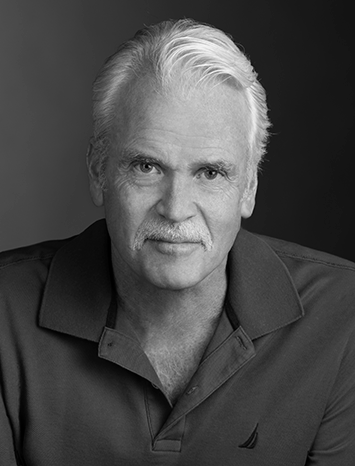Let’s talk about Ned. Ned was a business litigator, age 50. He had been an equity partner for fifteen years. His clients were big, really BIG national, international corporations. He was a top performer at the firm, earning fat bonuses year after year. He was invited to speak at conferences nationwide. Ned really had it going on.
But in the deepest, darkest compartments of his soul, Ned was in pain. He could not appreciate his success. Even after all the years of success in law school and after passing the Bar in the top five percentile, and after being hired by a multi-national firm as an associate and on and on with awards, accolades, bonuses, he had no appreciation for his accomplishments. He was quite literally unable to enjoy his success.
Instead, he lived in fear. It was a fear he couldn’t put into words. In fact, he was unable to recognize that the dark knot in his gut was fear. He just did what he had to do to get from one hollow, empty day to the next- he drank, he had affairs, bought expensive cars. He was a hollow man, and he felt hollow, but to the world, his friends, colleagues, and clients, he was the picture of achievement.
So, when Ned finally made an appointment and we began talking, his depression was obvious. He was there, not because he wanted to, but because his wife had said she would leave if he didn’t do something about his mental health. She was exhausted.
“OK, OK, I told her, find someone and make the appointment and I’ll go, although I don’t need someone to tell me what’s wrong with me-I already know what’s wrong with me,” he said.
“So…spill it, what’s wrong with you?” I asked.
He was taking Lexapro, but it seemed to do little more than trim off the highs and lows, which was better than nothing, but that was all.
“I feel like a kid on Christmas morning opening packages and feeling nothing,” he told me.
“That sounds awful,” I said and then asked him to tell me about Christmas mornings when he was a kid. He cracked a broken smile, calculating behind his eyes how much to tell me.
“We didn’t have much. My father actually walked out on my mother on Christmas day when I was eight. They’d been up all night drinking and fighting, and I guess he decided to drive a spike in it and disappear.”
“He walked out on you, too,” I said. “You ever think about that?”
“I…I…guess you’re right.”
***
Trade secret: Many lawyers, particularly trial lawyers, come from homes in which there was lack. Not all, but many. A lack of money, a lack of joy, a lack of love. And many overcome the lack with achievement while always keeping to themselves a secret belief that whatever they might have achieved, it will ‘walk out’ on them sooner or later, because they don’t really deserve it.
I’ve written about Imposter Syndrome before, and I’m about to again. It is not a clinical diagnosis, but rather a descriptive one. I find that virtually every highly successful person, lawyer or not, in my experience suffers from it to some degree. Perhaps not as severe as Ned, but Ned stands as a good model for this discussion. Imposter Syndrome says, ‘Sooner or later, the world will learn that you are a fake, a phony, a liar.’ And when the world does find out, all the good things will ‘walk out’, and you will be again left alone, with all the devastating feelings of abandonment.
Ned’s solution was to up and work harder, achieve more, log more hollow victories. “Have you ever heard of Imposter Syndrome?” I asked.
“Of course, I have,” he said. “You think that’s what’s going on with me?” Denial is a funny thing, is it not?
So we began to dig into IS. I’m familiar with it in my own life, and in the lives of the many successful people I’ve spoken to over the years. In the past, discussions tended toward ‘how to make it go away’, but lately, I’ve been re-thinking IS. I find it so common that I’ve come to think of it as a by-product of success.
Starting from the premise of ‘nothing exists in the psyche without there being a part for it to play’, I flipped the narrative and started to ask, what would it be like for there to be no such thing as IS? What would a person without IS be like? And I began to realize that people like that do live in our culture, perhaps we even encourage it. They have been elected to high office, to run major corporations, and to be managing partner at law firms.
Without IS, what kind of monster might one be? Maybe IS is a necessary counterpoint, a counterbalance buried deep in the soul, making sure we don’t get too almighty. The ego’s court jester mocking the king on his throne.
Just a thought.
I proposed to Ned that instead of living with the fear of being found out and abandoned, that he teach himself to see the voices of IS as an attempt to make himself safe, much like an overprotective parent watching her child climbing a tree and shouting “You’re going to break your neck!”
And for good measure, we mixed in learning gratitude for his good fortune, and taking steps to share his success with others, beginning to authentically mentor his associates and to find ways to spread his wealth.
What turned things around for Ned began with grasping that his fear and Imposter Syndrome was there, not as a pathology, but for a good reason, with a message to be heard and absorbed.
I wonder what the readers’ thoughts are?
